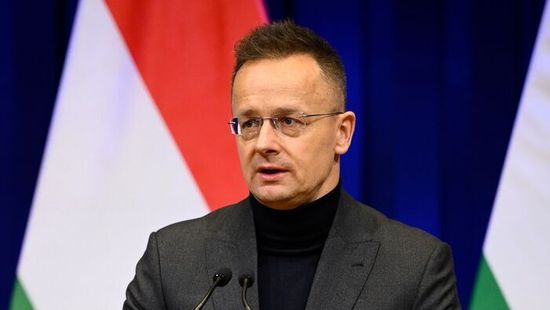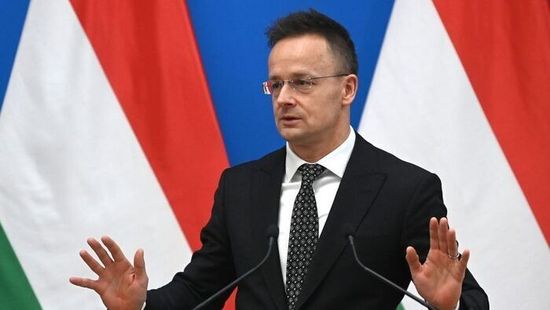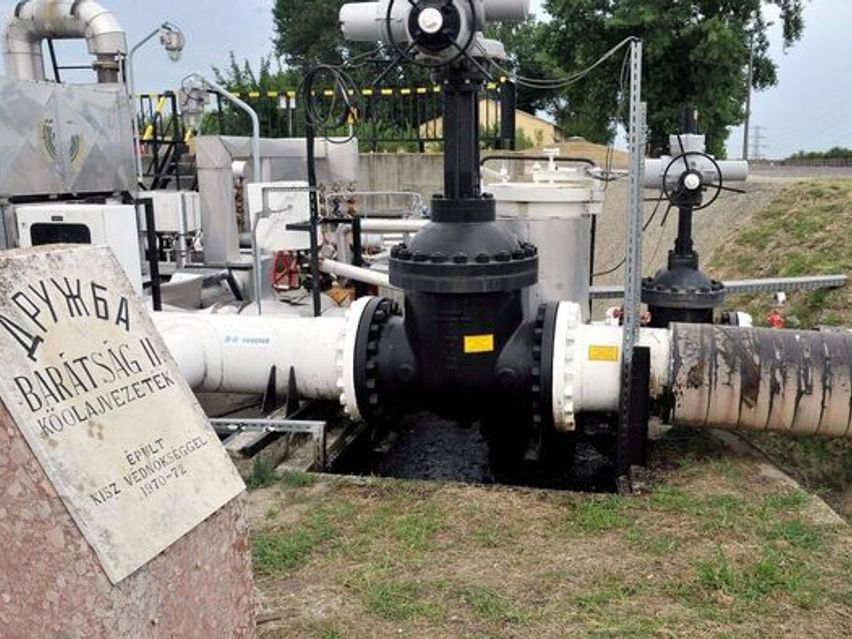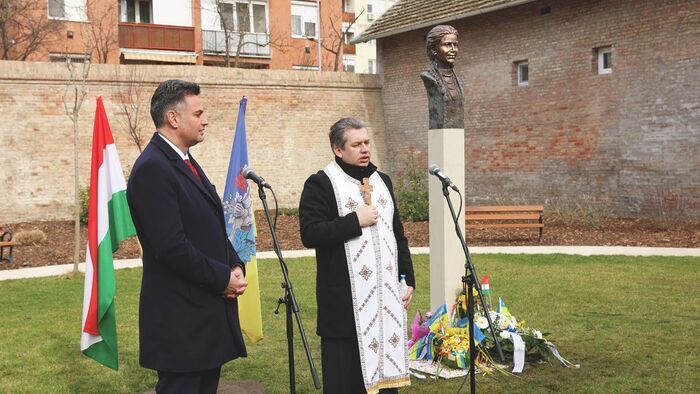Once again, fake news is circulating in the Hungarian media claiming that Hungary is the poorest member state in the European Union. This is based on the consumption dataset published by Eurostat, the statistical office of the European Union.
"The problem is that consumption is a very poor indicator of poverty, and Eurostat itself points out that if you want to measure poverty, you have to look at income, consumption and wealth at the same time. It is precisely in response to this complex problem that a poverty indicator was developed that takes into account all three factors, when measuring the proportion of people at risk of poverty or social exclusion," said Daniel Molnar, senior macroeconomic analyst at the Makronom Institute
Persons at risk of poverty or social exclusion are those who fall into at least one of the following three categories:
• relative income poverty: people living in households with less than sixty per cent of the median equivalized income;
• very low work intensity: persons living in a household where working-age members (aged 18 to 64) spent less than twenty percent of their total combined work-time potential at work during the previous year;
• severe material and social deprivation: with at least seven out of 13 items applying to individuals, such as no capacity to keep home adequately warm, no capacity to face unexpected expenses, no capacity to being confronted with payment arrears on loan repayments or housing, no capacity to afford a meal with meat every second day, etc.
The analysis pointed out that, based on Eurostat's 2023 data, 14 of the EU member states had a higher at-risk-of-poverty rate than Hungary.
In Hungary, this rate stood at 19.7 percent last year. In Romania and Bulgaria, highlighted by the GKI Economic Research Co., poverty rate was 32 percent and 30 percent respectively, i.e. at least one and a half times higher than in Hungary, according to the indicator specifically designed to measure poverty and used in the framework of the "Action Plan on the European Pillar of Social Rights" (EU 2030 targets).























Szóljon hozzá!
Jelenleg csak a hozzászólások egy kis részét látja. Hozzászóláshoz és a további kommentek megtekintéséhez lépjen be, vagy regisztráljon!